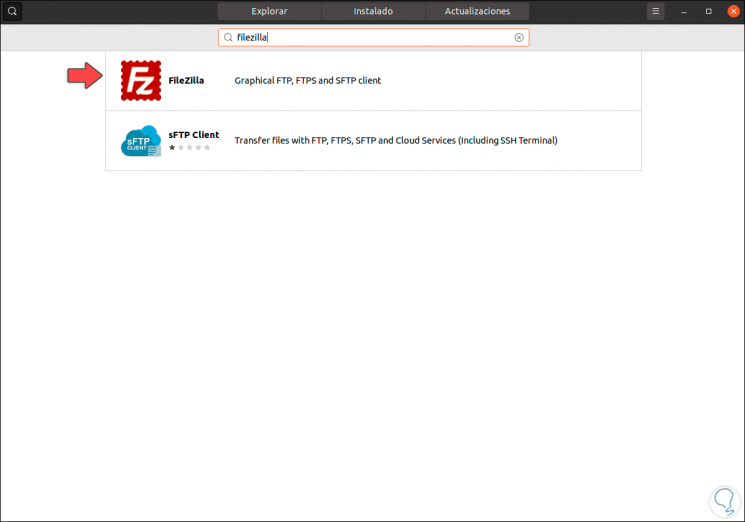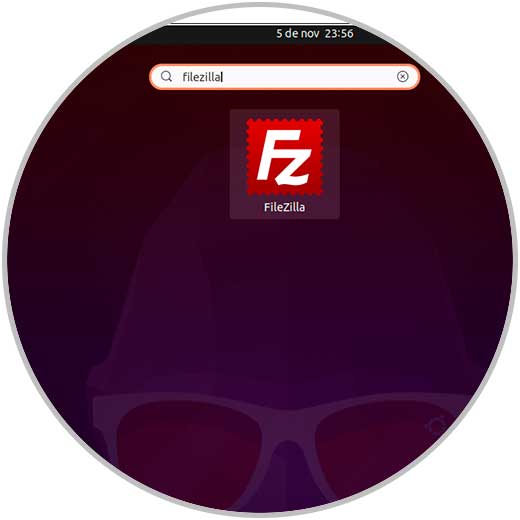

– FileZilla Server 1.4.0 released Bugfixes and minor changes: MSW: Fixed an issue with the converter for configurations from FileZilla Server 0.9.x.Admin UI: Improved workflow for changing user passwords.Admin UI: Fixed a crash on the listener page.– FileZilla Server 1.4.1 released Bugfixes and minor changes: It is open source software distributed free of charge under the terms of the GNU General Public License. Here is an example of /etc/nsswitch.The FileZilla Client not only supports FTP, but also FTP over TLS (FTPS) and SFTP. Here, the order in which your system chooses methods to resolve hostnames to IP addresses is controlled. The /etc/nf file controls the NSS (Name Service Switch). Here's an example of a hosts file with FQDNs: 127.0.0.1 localhostġ0.0.0.13 server3 www NSS Configurations on Ubuntu If it finds any match there, it won't try to look it up in DNS. If your system is trying to resolve a hostname, it will browse the /etc/hosts file. Inputs in the hosts file take precedence for DNS. Static hostnames are associated with the /etc/hosts file. In this example, they are, , and, respectively. If you ping the host with a server, the queries for the FQDN (Fully Qualified Domain Name) will be based on your domain name order. Your file should look like this: iface eth0 inet staticĭns-search dns-nameservers 192.168.2.25 192.168.8.11 If your network has multiple subdomains to search, you can use them as well. run/resolvconf/nfĪdd the IP addresses of the nameservers available for configuration to the /etc/network/interfaces file. To overcome this, utilize DHCP client hooks and /etc/network/interfaces: /etc/nf ->.

Manual changes to the /etc/nf file have an impact on resolvconf.

The resolvconf framework is used to monitor these changes and automatically update the settings.


 0 kommentar(er)
0 kommentar(er)
